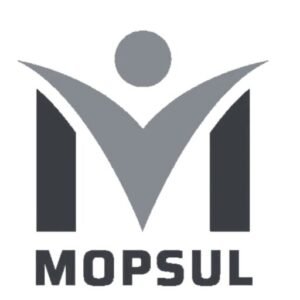Introduction:
In recent years, higher education institutions have increasingly found themselves embroiled in legal disputes, shedding light on issues ranging from academic integrity to institutional accountability. One such contentious case involves C.W. Park and the University of Southern California (USC). This article delves into the intricacies of the lawsuit, exploring its background, key arguments, and potential implications.
The Background:
The saga between C.W. Park, a former marketing professor at USC, and the university began with allegations of academic misconduct. Park, renowned for his work in advertising research, faced accusations of fabricating data in his research papers—a grave offense in academia. USC initiated an investigation into Park’s research practices, ultimately leading to his termination in 2018. However, what ensued was not merely a dispute over academic integrity but a protracted legal battle that continues to reverberate through the corridors of academia.
The Allegations and Counterclaims:
At the heart of the lawsuit are Park’s assertions that USC unjustly terminated him based on flawed investigations and biased procedures. He contends that the university’s actions tarnished his reputation and career prospects irreparably. In response, USC maintains that Park’s dismissal was warranted, citing substantial evidence of research misconduct. The legal skirmish intensifies as both parties present compelling arguments and counterclaims, underscoring the complexities of academic governance and due process.
Legal Precedents and Academic Freedom:
The C.W. Park USC lawsuit raises broader questions about academic freedom and institutional accountability. While universities must uphold rigorous standards of academic integrity, they must also ensure fair treatment of faculty members facing allegations of misconduct. Legal precedents in similar cases offer insights into the delicate balance between safeguarding academic excellence and protecting individual rights within the academic community.
Implications for Higher Education:
Beyond its immediate participants, the outcome of the C.W. Park USC lawsuit carries significant ramifications for higher education institutions nationwide. It underscores the imperative for universities to enact transparent and equitable processes for addressing allegations of academic misconduct. Moreover, it highlights the enduring importance of fostering a culture of academic integrity while upholding the rights of faculty members to due process.
Conclusion:
As the legal battle between C.W. Park and USC unfolds, it serves as a poignant reminder of the multifaceted challenges facing modern academia. From preserving academic integrity to safeguarding individual rights, universities must navigate a complex terrain fraught with legal, ethical, and institutional considerations. Ultimately, the resolution of this lawsuit will not only shape the fates of its protagonists but also leave an indelible mark on the broader landscape of higher education.

